This is custom heading element

In the last 30 years, the number of people working in science, technology, engineering and mathematics (STEM) occupations has shot up 79 percent, outpacing overall job growth in the U.S. As demand for these skills continues to rise, experts say there’s an urgent need to direct more young people into STEM careers.
Yet the rush to fill STEM jobs is hamstrung by the country’s shortage of qualified STEM teachers. In the College of Education and Human Development, professor Christine Thomas and assistant professor Natalie King are working with two local school districts to recruit STEM professionals into teaching, and develop them as leaders in the classroom and beyond.
“Having that STEM career background means they can better prepare students for what the college programs look like, what the jobs look like,” says Thomas. “We also want teachers who can be advocates, both for kids and for what an exemplary educational program should look like in math and science.”
Thomas and King are particularly focused on recruiting Black and Latinx men. The U.S. Department of Education estimates that just two percent of teachers are Black men, yet research shows their presence in classrooms matters. In STEM fields, where Blacks and Hispanics are underrepresented in the workforce, representation is also critical to help students imagine themselves as scientists, engineers or mathematicians.
“By standing in front of the class and saying ‘I was an engineer and these are the skills that you need to succeed,’ it opens up new possibilities for what students believe they can become,” says King.
The project is funded by a $3 million grant from the National Science Foundation. Thomas and King are working with community organizations, including Morehouse College, 100 Black Men of South Metro and local religious groups, to help recruit 30 teacher-Fellows. Each will spend one year earning a master of arts degree in teaching at Georgia State, after which they will be placed in positions in Rockdale and Fulton County school districts.
“It’s a bidirectional relationship where we’re learning from one another,” says Thomas. “We know the evidence-based practices on the research side, and the districts can inform us about what’s working in schools.”
During their first five years in the classroom, the teacher-Fellows will receive additional support and professional development in the form of signature learning experiences. These experiences will be designed over time depending on the needs of the students, and may include shadowing principals, attending leadership workshops, participating in the Atlanta Science Festival or simply working through problems together as a cohort.
“We don’t want them to get burned out,” says King. “Our goal is that those who come through this program will become leaders within their schools and districts, and will help to strengthen STEM education in the state of Georgia. The support mechanisms are in place to ensure their success.”
photo by Carolyn Richardson

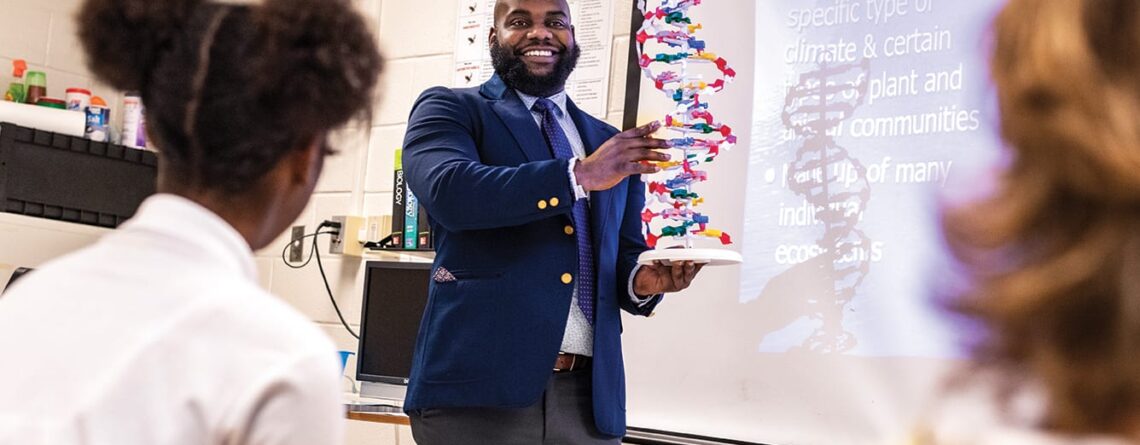
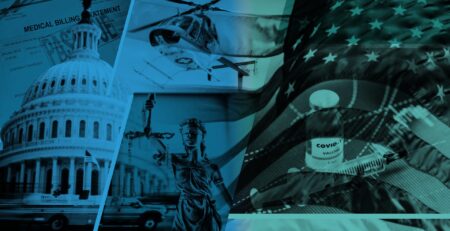
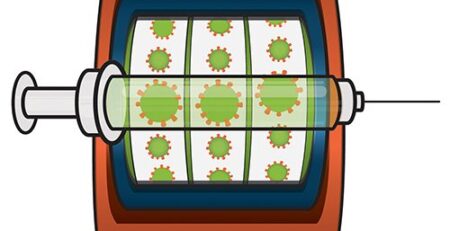
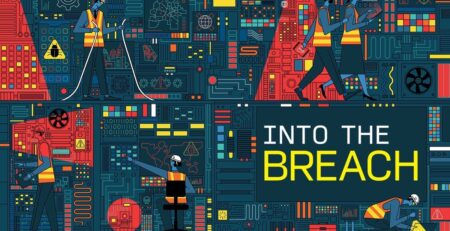

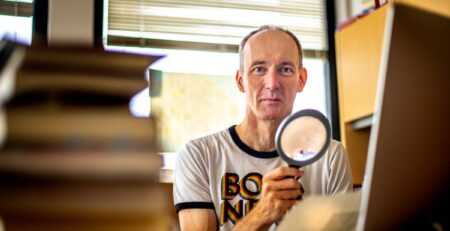
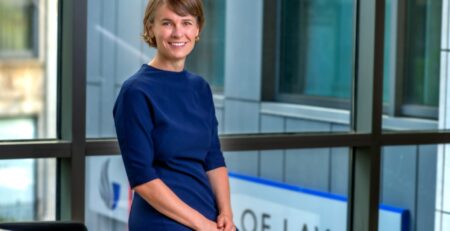
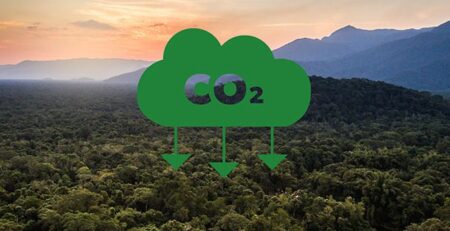
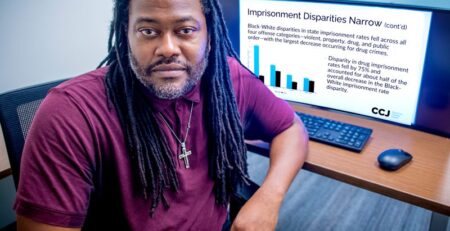

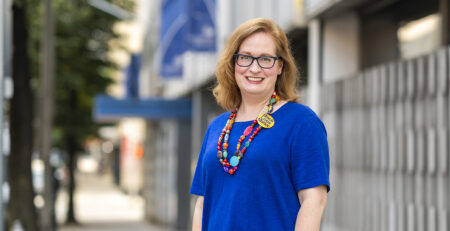
Leave a Reply